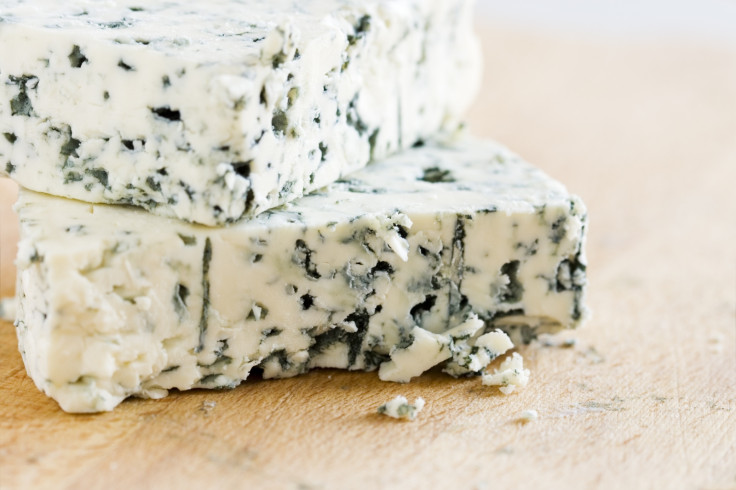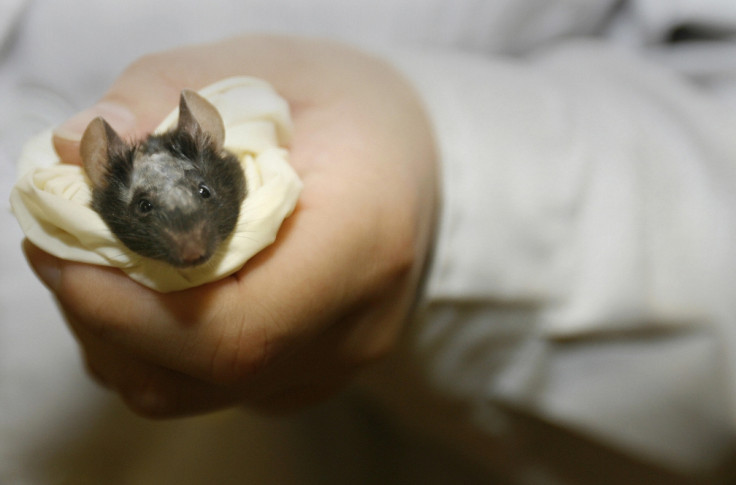Compound found in semen and aged cheese shows promising effects against heart disease
Spermidine slows down ageing and is found in aged cheese and mushrooms.

Dietary supplement spermidine may have protective effects against cardiovascular diseases, scientists have discovered. In a mice study, they have also shown the compound could extend the animals' lifespan, potentially thanks to its ability to activate the cellular process known as autophagy.
Cardiovascular diseases are the leading cause of death worldwide – in 2012 they represented 31% of all deaths globally. Poor cardiovascular health is associated with older age, and as the world's population ages, there is a concern that rates of cardiovascular mortality will continue increasing. So far, no treatment exists to target and prevent age-associated heart disease, because not enough is known about what causes the progressive deterioration in people's heart as they become older.
In a study published in the journal Nature Medicine, scientists have tested a compound known as spermidine which can be given as oral supplementation to see if it could protect against heart disease. Spermidine is naturally found in certain foods such as aged cheese, mushrooms and whole grains – but it was first isolated in semen.
Some studies had already suggested that it could slow down the ageing process and have a number of beneficial health effects. Experiments with simple organisms, such as yeast, fruit flies and roundworms showed their lifespan was prolonged when they were given spermidine.
Activating autophagy
In this new study, the scientists have worked with rats and mice, to see whether the effects of the compound could be seen in more complex organisms. Some of the rodents were given water supplemented with spermidine and they were then compared with control animals.
The researchers discovered that spermidine extended median lifespans of mice, even when supplementation was not started until they were already middle-aged. In both mice and rats, it also improved heart function and was associated with lower blood pressures.

The scientists also investigated previous findings that spermidine prolonged lifespan by inducing autophagy ("self-eating") – the cellular mechanism responsible for the digestion and recycling of non-essential cellular debris.
Looking at mice suffering from a genetic defect which stopped autophagy from taking place, the scientists observed that these animals were not protected against heart problems. This suggests that there is a link between cardiovascular protection with spermidine and the compound's capacity to activate autophagy.
It is not yet clear how these findings may translate to humans. However, the authors of the study conducted a survey among 800 people, whom they questioned about their diets. Participants reported how often they ate different foods, which contained different levels of spermidine. Those who ate more spermidine-rich food had lower rates of heart failure and other cardiovascular diseases, as well as lower blood pressure.
© Copyright IBTimes 2025. All rights reserved.






















